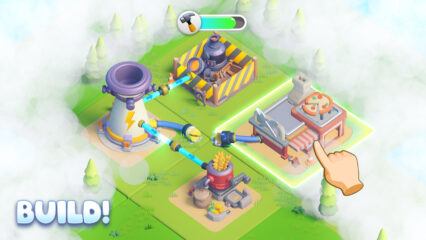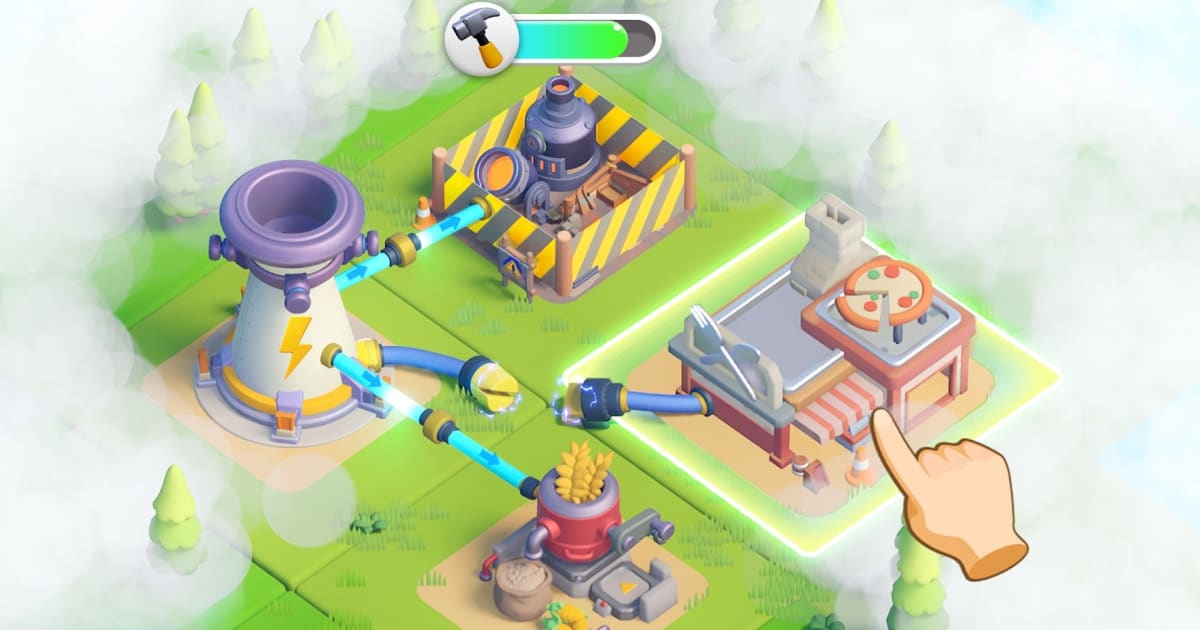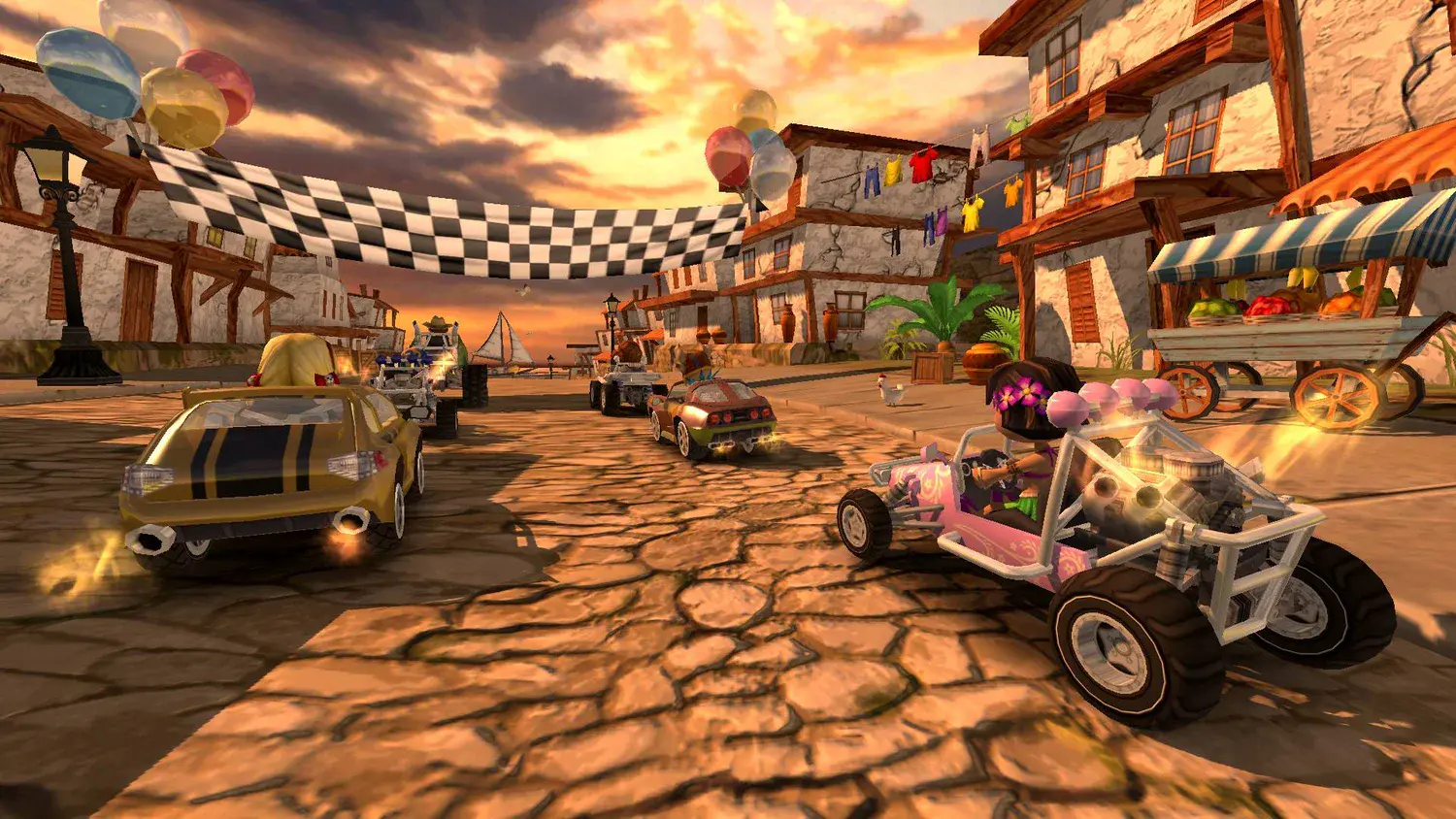A Guide to Recruiting Heroes and Forming Alliances in Tiles Survive!
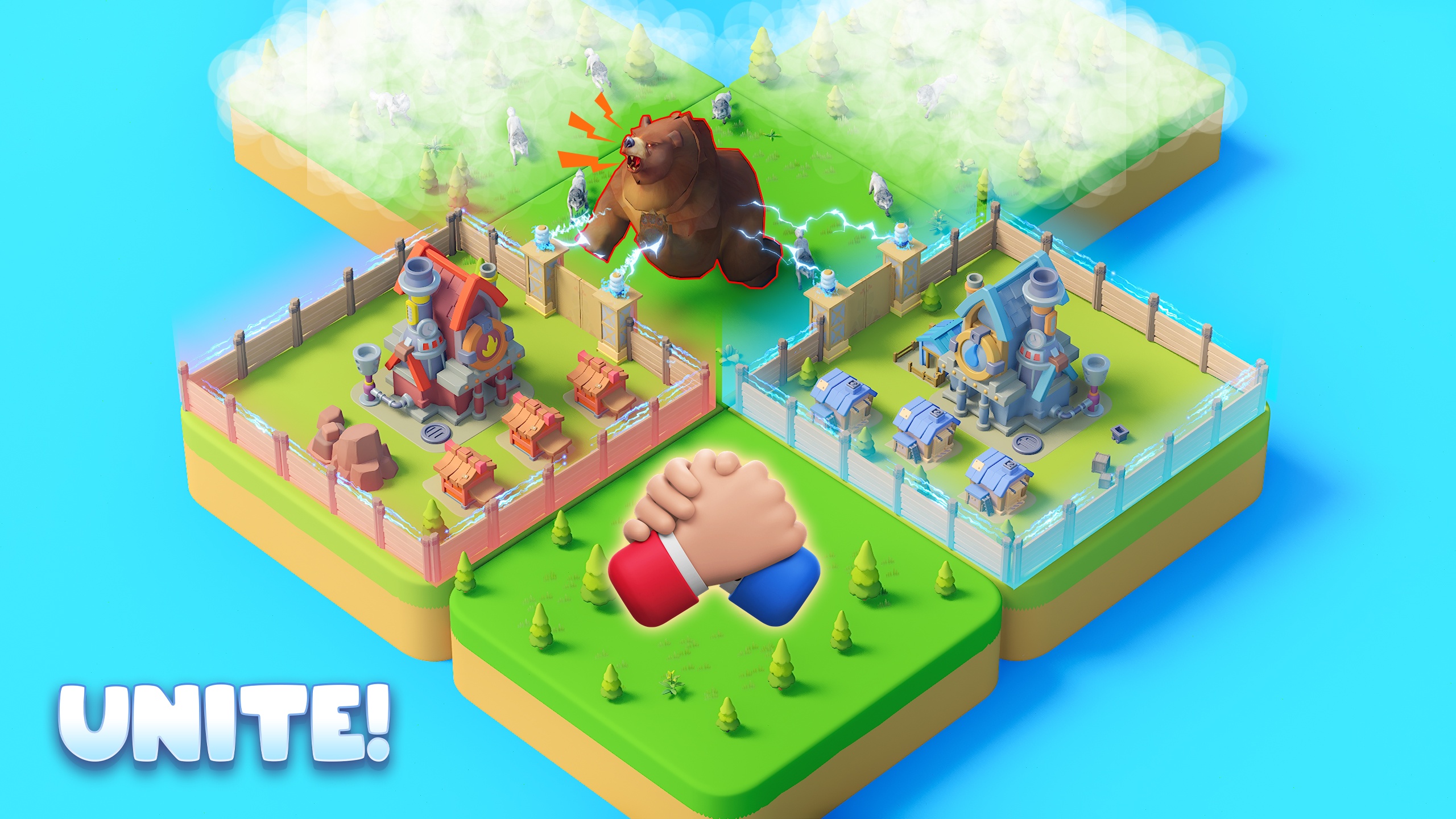
Heroes and alliances are two of the most powerful systems in Tiles Survive!. Heroes strengthen your settlement through unique abilities, while alliances connect you with other players to withstand global threats. Understanding how these systems work gives your community a decisive advantage.
Recruiting Heroes
Heroes bring special skills that go beyond what regular survivors can achieve. They can improve combat power, enhance gathering, or boost resource output. Choosing the right heroes for your stage of progress ensures smoother growth.
Why Heroes Matter
Unlike basic survivors, heroes come with unique abilities that affect how your shelter operates. Some improve efficiency in gathering or production, while others provide combat strength against the infected. Early on, heroes act as valuable support to your survivor teams, but as you progress, they become essential to long-term success.
Confirmed Hero Strengths
Based on tier list rankings, here are some of the most impactful heroes currently confirmed in the game:
- Ray (SSR, Guards): A frontline hero with high combat effectiveness.
- Maddie (SSR, Marksmen): Combines strong healing with reliable damage output.
- Rosie (SSR, Guards): A defensive tank who sustains herself through self-healing.
- Lucky (SR, Marksmen): Reduces stamina consumption, making exploration and tasks more efficient.
- Eva (SR, Gunner): Boosts gathering speed, ideal for resource-focused players.
- Travis (SR, Gunner): Increases smelter output, helping with advanced production.
- Ghost (R, Gunner): Provides general buffs to hero stats.
- Rusty (R, Guards): Offers similar stat boosts for overall team strength.
- Chef (SR, Guards) & Sarge (SR, Marksmen): Early-game heroes with useful passive abilities to stabilize your settlement.

Building Your Hero Roster
Early in the game, it is best to rely on accessible SR heroes such as Chef, Sarge, and Eva to stabilize food, stamina, and resource collection. As your progress deepens, heroes like Ray, Maddie, and Rosie become key investments for combat strength and survivability. Heroes should be thought of not only as fighters but also as specialists who shape the efficiency of your settlement.
Forming Alliances
Alliances add the social and cooperative layer of survival. In a world threatened by severe weather, wild creatures, and infected hordes, standing alone is rarely enough. Alliances allow you to face these challenges with collective strength.
Why Alliances Are Important
FunPlus has confirmed that alliances give players the ability to work together against larger threats. This means that weather hazards and enemy encounters that might overwhelm a solo settlement can be tackled more safely with the help of allies.
Benefits of Alliances
The confirmed advantages of joining or forming an alliance include:
- Protection Against Threats: Facing extreme weather conditions or wild creatures as a group.
- Collaborative Play: Working with others to support survival and growth.
- Community Support: Sharing strategies and forming a network of players who can aid your settlement indirectly.
While detailed mechanics of alliances, such as shared resources or events, have not yet been fully disclosed, the confirmed information shows that alliances are a crucial system for long-term survival.
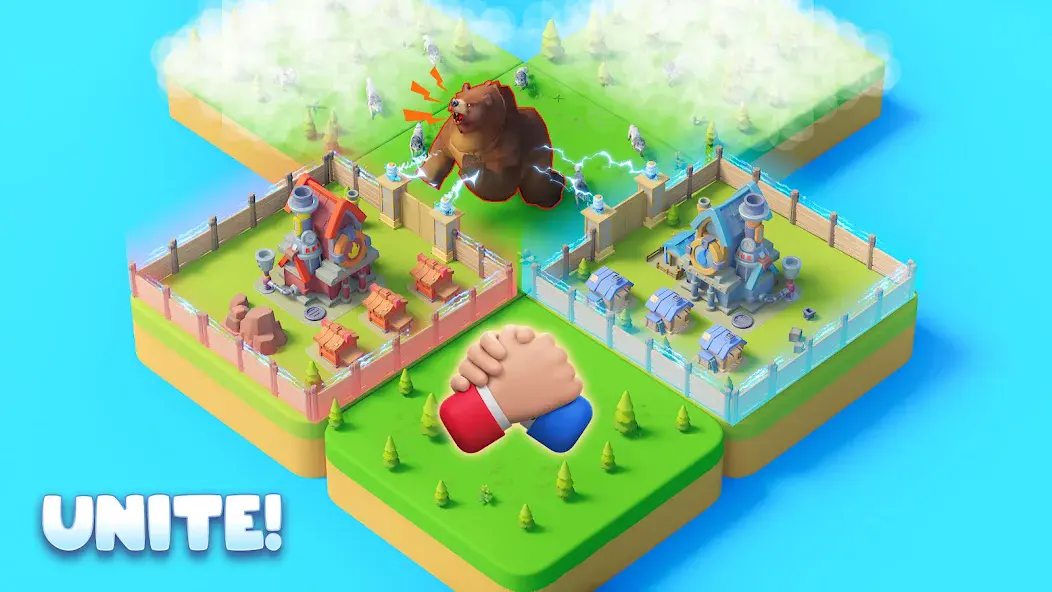
Heroes and alliances give players in Tiles Survive! the ability to push beyond the limitations of solo play. Heroes enhance your settlement with unique skills like stamina management, resource boosts, and combat healing, while alliances ensure that you’re not alone in the fight against world-level threats. By focusing on reliable early-game heroes and joining an alliance as soon as possible, you can secure both immediate stability and long-term survival in the harsh world of Tiles Survive. For the best gaming experience, play Tiles Survive! on BlueStacks!
Keep progressing in Tiles Survive! with our other in-depth guides.




